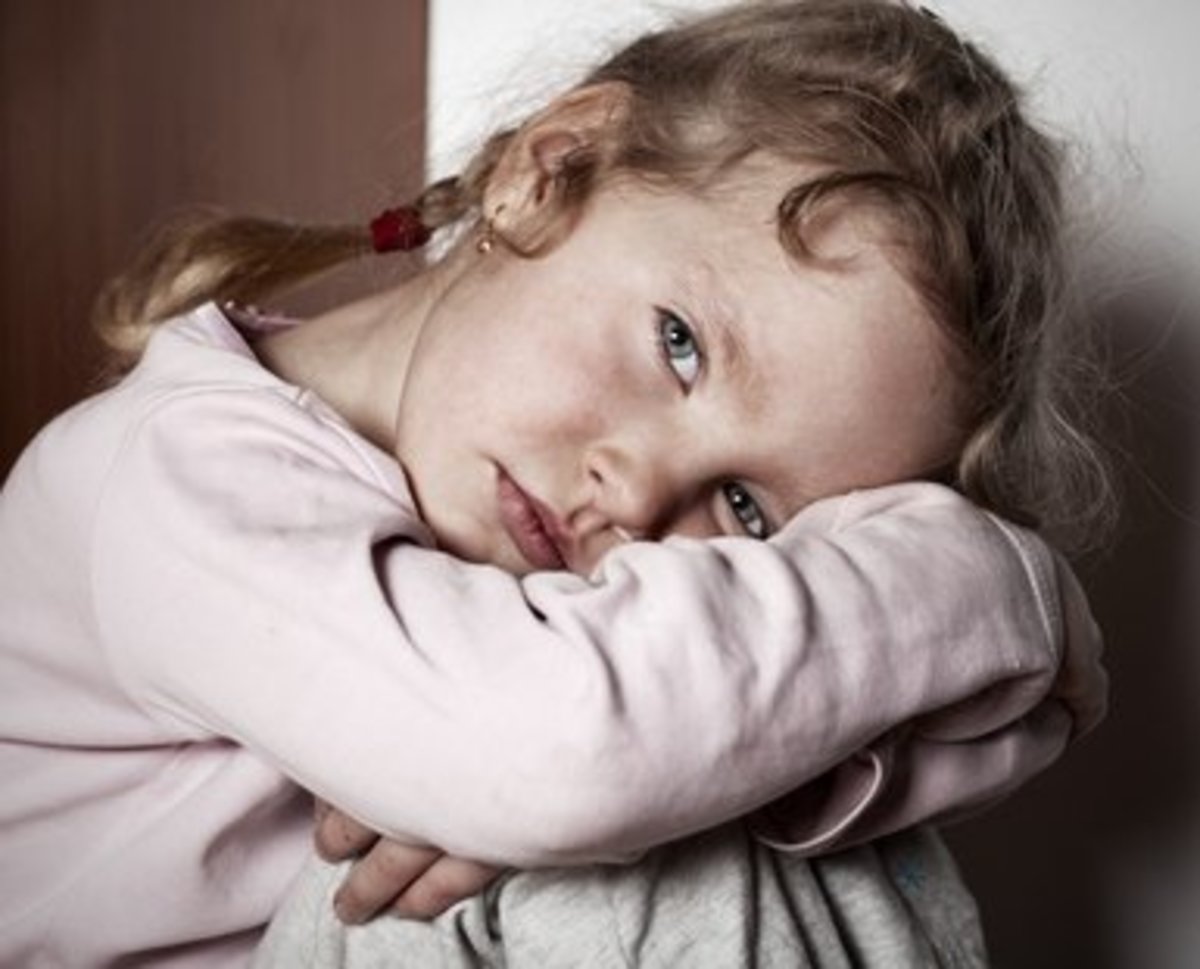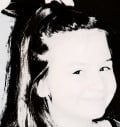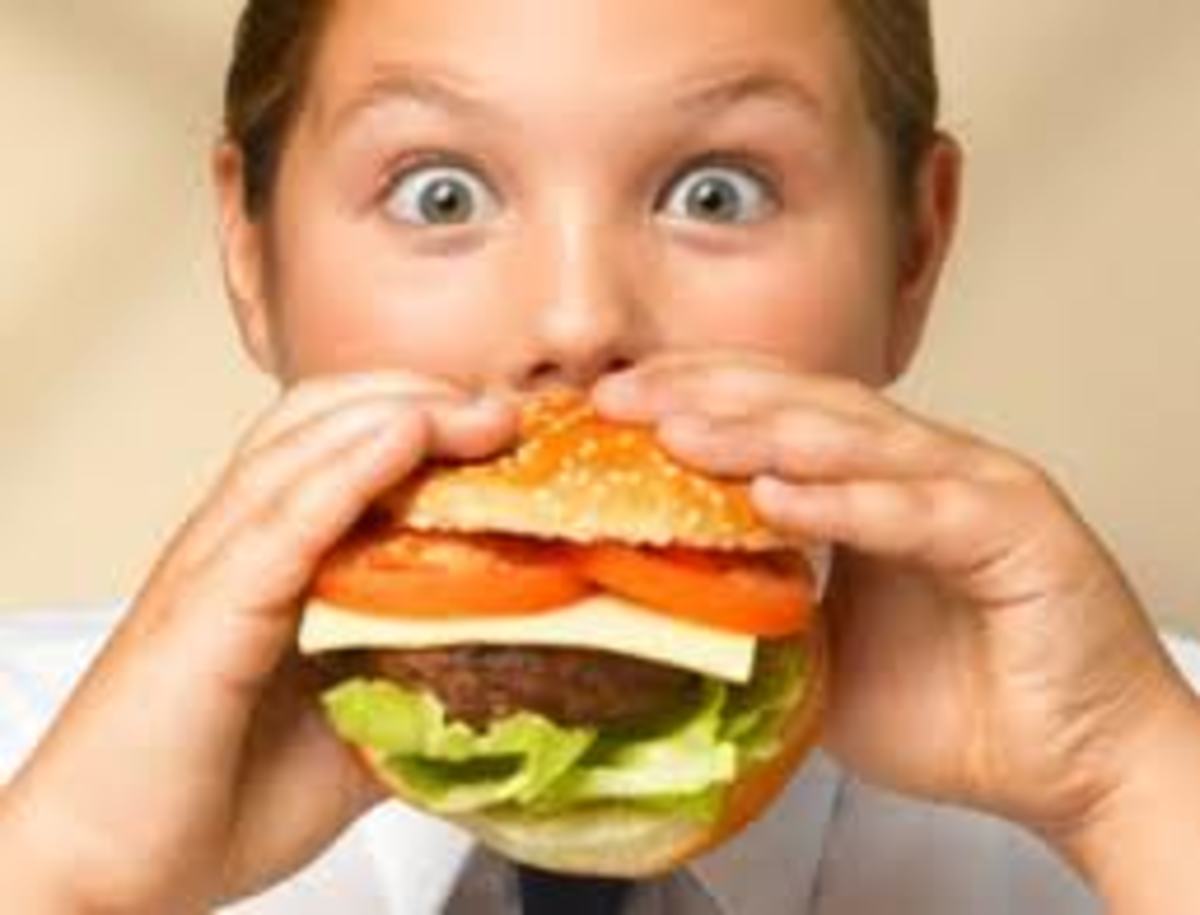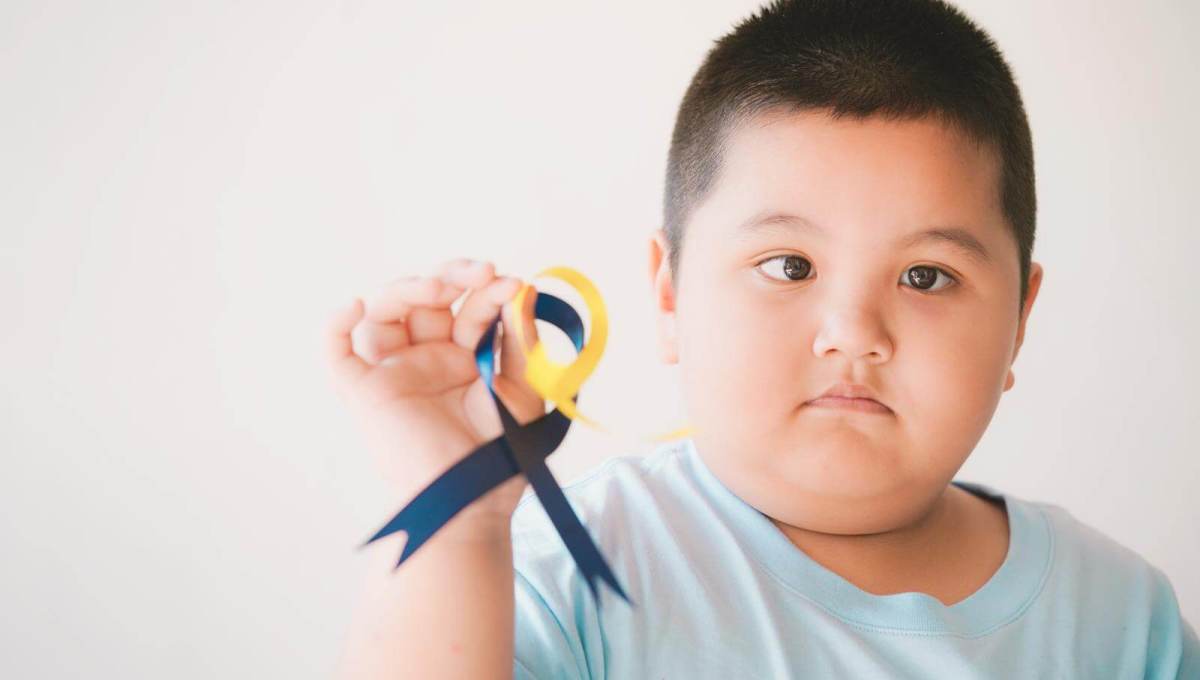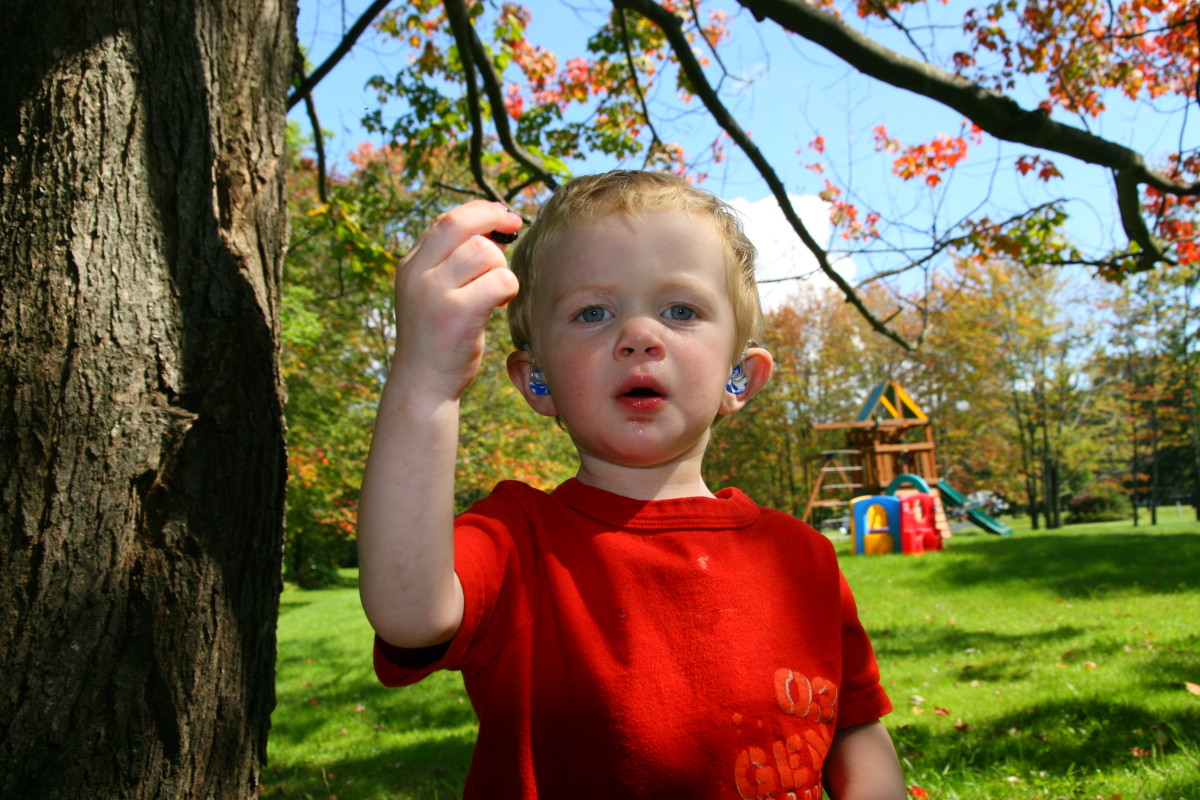Childhood Apraxia of Speech - With My Personal Account
What Is Childhood Apraxia of Speech?
Childhood apraxia of speech is also referred to as developmental apraxia of speech, speech apraxia, and dyspraxia. Childhood apraxia of speech (CAS) is a motor speech disorder that causes a child to have problems producing sounds, syllables, and words. In CAS the brain runs into issues when it sends signals to the mouth, tongue, lips, and jaws. The signals get mixed or lost when telling the mouth how to move to produce a certain sound. The individual knows what he or she wants to say but the brain has difficulty coordinating muscle movements necessary to say the words. It was explained to me that most people learn how to produce a sound once and it’s forever etched into their brain. There is no thinking about it because it’s just habit for the brain to send the signal and for the mouth to make the sound. For a person with CAS, the brain doesn’t remember how to make a certain sound automatically so the individual has to pause, think, and concentrate on getting the mouth, lips, and tongue to produce that sound. Over time a person with childhood apraxia of speech can memorize how to make sounds and produce words without pausing and concentrating so hard.
It is not known what causes childhood apraxia of speech but some possible causes include genetic disorders or syndromes and stroke or brain injury. CAS may be referred to as a developmental disorder but that does not mean the child will outgrow it. Childhood apraxia of speech will not get better without proper, intensive treatment. The number of cases of CAS appears to be on the rise because of increased awareness by professionals and families, increased availability of research, and earlier-age evaluation and identification. Boys seem to be more prone to developing childhood apraxia of speech than girls.
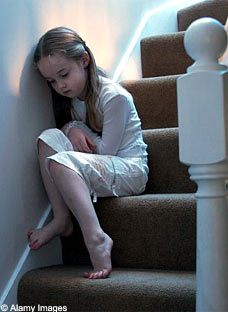
Symptoms
There are different severities of childhood apraxia of speech and the symptoms vary from child to child. Some symptoms to keep an eye out for are:
- No cooing or babbling as an infant
- Delayed first words or first words missing sounds
- Only a few different consonants and vowels
- Problems combining words, long pauses between words or sounds
- Simplifies words by replacing difficult words with simpler ones or by deleting difficult sounds (for example, my daughter picked up Spanish from Dora and used it to replace English words that were difficult for her to say)
- May have problems eating or swallowing
- Makes inconsistent sound errors
- Is able to understand language better than he or she can speak it
- May appear to be groping when attempting to produce sounds
- Is difficult to understand even as he or she gets older
- Sounds choppy, monotonous, or stresses the wrong syllables in words
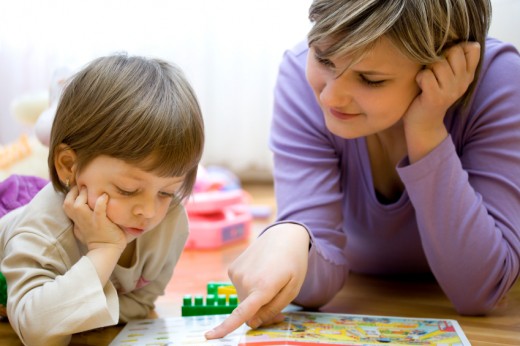
Diagnosis
Childhood apraxia of speech can only be diagnosed by a speech language pathologist (SLP). The SLP will perform several assessments to best identify your child’s specific speech disorder and the best method of treatment for your child’s severity of the disorder. The most common assessments are:
- Oral-motor assessment - to check for signs of weakness or low muscle tone in the mouth area, to see how well the child can control coordinated non-speech movements of the mouth, and to evaluate coordination and sequencing of muscle movements while performing speech tasks
- Melody of speech (intonation) assessment – to see if the child appropriately stresses syllables in words and to determine whether the child uses pitch and intonation to differentiate types of sentences and to mark different portions of sentences such as pauses between listing items or raising his or her voice at the end of a sentence when asking a question
- Speech sound (pronunciation of sounds in words) assessment – to evaluate both consonant and vowel sounds, to check how well the child says individual sounds and sound combinations, and to determine how well others can understand the child using single words, phrases and conversational speech
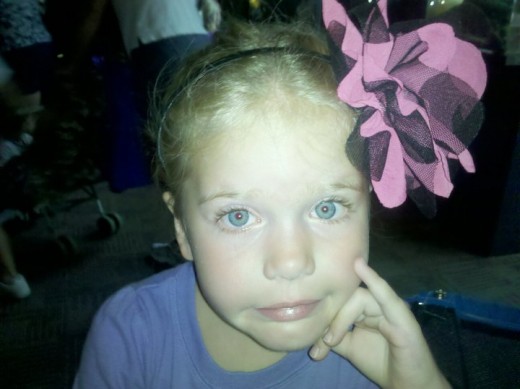
My Daughter's Story
When my daughter was 7 months old I took her to the doctor for her well-baby checkup. I voiced concerns to the doctor that my daughter didn’t babble like my other children had - she never really cooed at me either. The doctor’s response to my concerns was “she just doesn’t have anything to say yet.” I trusted the doctor and dropped the issue until my daughter’s 2 year check-up. Again, I voiced concerns that nobody could understand my daughter and she seemed to lack communication skills. I was the only one who could understand her. Yes, I was comparing my daughter to her sisters – both of whom were early talkers. But I could sense something just wasn’t right and I wouldn’t let it drop.
The doctor referred my daughter to a local children’s hospital for a consult with a speech language pathologist. My suspicions were confirmed. My daughter had something called childhood apraxia of speech (CAS) that hindered her ability to communicate. I was told she would need years of intensive speech therapy but that the prognosis was good. The speech pathologist referred me to a speech services clinic in my neighborhood and informed me that my local school had a program for preschoolers with speech disorders. I didn’t really understand what childhood apraxia of speech was so I went home and researched as much as possible about it. Then I sat down and cried and wondered what I did to cause this to my daughter. I wondered if she would ever be able to communicate her needs and wants like everyone else. I wondered how difficult life would be for her without the ability to talk like everyone else. How could something be wrong with my beautiful little girl? She didn’t look like there was anything different about her from any other toddler.
I started my daughter at the local speech services clinic and made my way through the mountains of paperwork to get her into the school for speech therapy. Eventually, after several assessments by the school, in my home and in the school itself, my daughter started preschool. A month after turning 3, my daughter was labeled with a disability and started an Individualized Education Plan (IEP) in order to receive speech services for free through the state. I had a nervous breakdown – I was sending my baby to school before her big sister even got to go. I wasn’t ready for that, and add to it that the school had to label my daughter as having a disability and my heart broke. At least the preschool was the same building my daughter would attend for kindergarten and that her biggest sister had already attended for kindergarten. We were very familiar with the school and teachers.
My daughter stopped speech therapy services at the local speech clinic and spent 40 minutes a day, 4 days a week with the school’s speech therapist. She brought home flashcards and homework papers to help with letter sounds and we practiced them every night – even when school was out for the summer. Slowly my daughter picked up more and more sounds. She spent three years in preschool for speech therapy (because her birth date was a month after the cutoff for kindergarten the third year). By the end of the third year I was told my daughter did not require speech services and had graduated from the program in time for kindergarten.
My daughter is now 6 and has started kindergarten with NO speech services. She no longer needs an IEP and she can communicate her needs, wants, and feelings just like everyone else in class. She knows her rhymes, recites and writes her ABC’s upper- and lowercase, counts over 100, and even spells out simple words. Nobody knows she had a speech disorder unless we tell them. Half the time they don’t even believe us when we DO tell them! Childhood apraxia of speech is a difficult diagnosis to deal with but it CAN be treated. The earlier your child gets speech intervention the better the results.
(Thank you for taking the time to read about my daughter’s experience with childhood apraxia of speech. Please feel free to leave your experiences, positive or negative, in the comments below. You and your child are not alone.)
Another Success Story - A Child Overcomes Disability
- Learning Disabilities: My Son's Story
Learning disabilities affect adults and children alike in larger numbers than might be realized. According to the Learning Disabilities Association of Peterborough, one in ten Canadians is affected by a learning disability.1[1] According to the U.S.
Other Sources of Information
Dyspraxia: Can We Talk? At http://www.tayloredmktg.com/dyspraxia/index.shtml
American Speech-Language-Hearing Association at http://www.asha.org/public/
Apraxia-KIDS Information Site at http://www.apraxia-kids.org/ (this is where I got my information when my daughter was diagnosed with CAS)
National Institute on Deafness and Other Communication Disorders at http://www.nidcd.nih.gov/health/voice/pages/apraxia.aspx
Speechville Express at http://www.speechville.com/diagnosis-destinations/apraxia/apraxia.html
The following video is exactly how a parent feels when he or she learns they have an apraxic child. It does ask for donations at the end. I do not work for or advocate for the organization. I simply had to share this video because it is spot-on.


